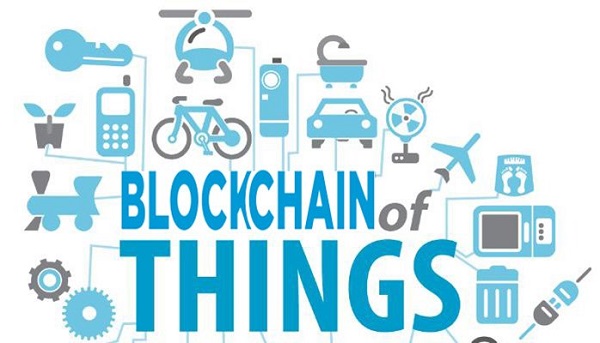The world currently wastes or loses trillions of dollars from inefficient management of supply chains. There is hundreds of billions lost of fraud and counterfeiting. There is bureaucracy and administration to handle accounting, auditing and administration. There are multiple computer systems used by each party to the system.
Supply chains makeup or impact 70% of global GDP. The Internet of things and sensors could be a major part of new growth for the world economy.
Removing 15% of the overall overhead and more than doubling the amount of transactions or reducing settlement and queries from days to seconds or fractions of a second will have multi-trillion impact by 2030.
The global supply chain market is made up of the $8.6 trillion logistics market, the $16.6 trillion export merchandise market.
Supply chains are massive.
Supply chains are mostly B2B (business to business), with the last mile B2C. The demands of the supply chain market are different than finance:
the amount of data is larger,
transactions are more complex,
contracts are living things, and
coordination of activities among partners is critical.
Supply chains that manage global commerce represent more than $50 trillion, or approximately 70% of global GDP. According to a 2015 PwC Annual Global Working Capital Survey, as much as $3.4 trillion in working capital is tied up in this realm at any given time, and for many industry sectors, this trend is getting worse.
IBM and Danish shipping giant Maersk announced a joint venture to use blockchain in shipping supply chain. In a sector which handles around U$4 trillion of goods per year, the firms said they expected savings of up to 15 percent of this amount, mostly by eliminating the bureaucracy and corruption risk in manual procedures.
Accelerating Internet of Things
Identification, connection, security, and the management of so many devices are the obstacles to remove for IoT widespread adoption. By 2019, 20% of all IoT deployments will have basic levels of blockchain services enabled.
According to Gartner, by 2020, the Internet of Things (IoT) installed base, excluding PCs, tablets, and smartphones, will reach 26 billion units, empowering a market worth of $3 trillion. By 2025, the total global worth of IoT technology could be as much as $6.2 trillion – most from devices in health care ($2.5 trillion) and manufacturing ($2.3 trillion). Another analysis estimates that blockchain will add $3.1 trillion in business value by 2030.

Brian Wang is a Futurist Thought Leader and a popular Science blogger with 1 million readers per month. His blog Nextbigfuture.com is ranked #1 Science News Blog. It covers many disruptive technology and trends including Space, Robotics, Artificial Intelligence, Medicine, Anti-aging Biotechnology, and Nanotechnology.
Known for identifying cutting edge technologies, he is currently a Co-Founder of a startup and fundraiser for high potential early-stage companies. He is the Head of Research for Allocations for deep technology investments and an Angel Investor at Space Angels.
A frequent speaker at corporations, he has been a TEDx speaker, a Singularity University speaker and guest at numerous interviews for radio and podcasts. He is open to public speaking and advising engagements.

